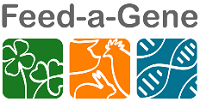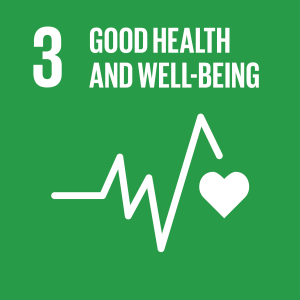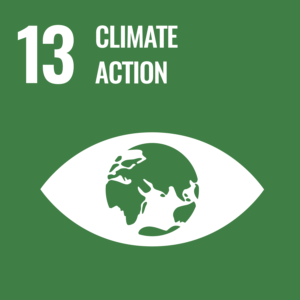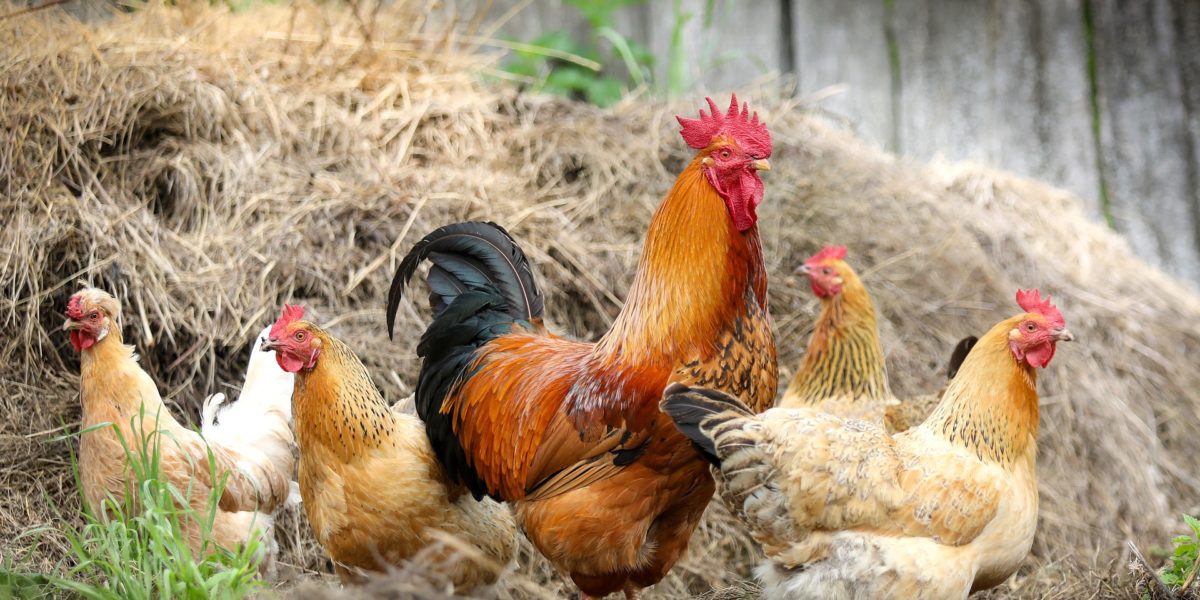
Adapting feed, animals and feeding techniques to improve the efficiency and sustainability of monogastric livestock production systems
Animal production is constantly facing new challenges. Increasing productivity and efficiency have been key issues after World War II to secure food supply in Europe. Since then, other aspects have gained importance, such as animal health and welfare, product quality and safety, environmental impact and the expectations of consumers and citizens.
In its report ‘Livestock’s long shadow’, FAO (2006) stated that “the livestock sector is one of the most important contributors to the most serious environmental problems, at all scales, from the local to the global”. Despite this alarming message, the FAO also stated that “as it stands now, there are no technically or economically viable alternatives to intensive livestock production to provide the bulk of the food supply”. Competition between food, feed and fuel encourages actors to look for new solutions to increase the efficiency and sustainability of livestock production systems. This creates a unique opportunity to implement changes in the livestock production chain.
The FEED-A-GENE project aims to better adapt the different components of monogastric livestock production systems (i.e. pigs, poultry and rabbits) to improve overall efficiency and reduce environmental impact. This involves the development of new and alternative feed resources and feeding technologies, the identification and selection of robust animals that are better adapted to fluctuating conditions, and the development of feeding techniques that optimise feed and animal potential.
FEED-A-GENE is composed of six Research and Innovation Work Packages (WPS) (each including demonstration of the developed technologies). Common experiments will be set up in the different WPSs to limit animal experimentation and share experimental facilities between the project partners. In addition, it will also re-use sample collections from previous experiments.
Its main objectives include:
- To develop new and alternative feeds and technologies to make better use of local feed resources, green biomass and by-products from the food and biofuel industry.
- Develop methods for real-time characterisation of the nutritional value of feed for better use and tailoring of diets to animal requirements.
- Develop biological models of livestock performance to better understand and predict how animals use nutrients and energy throughout their productive trajectory.
- Develop new management systems for food and precision farming by combining data and knowledge.
- Assess the overall sustainability of the new management systems developed by the project.
- Demonstrate the innovative technologies developed by the project in collaboration with partners from the feed industry, breeding companies, equipment manufacturers and farmers’ organisations.
- To disseminate new technologies that increase the efficiency of animal production, while maintaining product quality and welfare and improving EU food safety to relevant stakeholders.
To carry out the project, FEED-A-GENE has received funding from the European Commission through the Horizon 2020 programme and is led by the National Research Institute for Agriculture, Food and Environment (INRAE). It has a total of 25 participating partners from European and Chinese countries:
| COUNTRY | ORGANISATION | TYPE OF ENTITY |
| France | Institut National de Recherche pour l’Agriculture, l’Alimentation et l’Environnement – INRAE | Research Centre |
| France | Association for Agricultural Technical Coordination – ACTA | Association |
| France | Institut du Porc- IFIP | Association
|
| France | L’institut technique des filières avicole, cunicole et piscicole- ITAVI | Research centre
|
| France | Terres Inovia | Research centre
|
| France | Centre for Research and Experimentation in Oilseeds and Proteins – CREOL | Research Centre
|
| France | Association Zootechnique Française | Association |
| France | INRAE Transfert SAS | Research Centre |
| The Netherlands | Wageningen Research Foundation – WUR | University |
| The Netherlands | Topigs Norsvin Research Centre BV | Company |
| United Kingdom | Newcastle University – NCL | University
|
| United Kingdom | COBB Europe Limited – COBB | Company |
| Spain | University of Lleida – UdL | University
|
| Spain | Instituto de Investigación y Tecnología Agroalimentarias – IRTA | Research Centre
|
| Spain | Centro de Investigación en Economía y Desarrollo Agroalimentario – CREDA | University
|
| Spain | Centro de Investigación en Agrigenómica – CSIC | Research Centre |
| Spain | Exafan SA | SME |
| Spain | Claitec Solutions SL | SME |
| Spain | Industrial del Conejo – INCO | Company |
| Hungary | University of Kaposvar – MATE | University |
| Denmark | Aarhus University – AU | University |
| Denmark | Protein Hamlet SA | Consultancy |
| Denmark | DuPont Nutrition Biosciences APS | Company |
| China | China Agricultural University – CAU | University |
| Switzerland | Bühler Group | Consultancy |
| Italy | Gran Cerdo Italiano | Non-Profit Organisation |
Duration: 1 March 2015 – 1 March 2020
Project website: www.feed-a-gene.eu
Link to CORDIS: https://cordis.europa.eu/project/id/633531
FEED-A-GENE has received a grant from the European Commission (grant agreement no: 633531) under the EU Research and Innovation Framework Programme Horizon 2020.

CREDA’s Role
CREDA leads the cost-benefit analysis that estimates the associated economic and social impacts of new feeding technologies in different intensive pig, poultry and rabbit production systems: innovative feeds, precision feeding or new rearing methods.
In addition, it carries out an analysis of the potential market for alternative protein sources; this analysis will be used to determine which of these sources will be tested in the empirical studies. To ensure that public attitudes and perceptions towards the positive and negative externalities of these proposals are adequately considered, a choice experiment will be applied to estimate consumer preferences for the most relevant features of these new proposals in monogastric farming.
In addition, a qualitative study of farmers’ perceptions will be conducted to detect potential barriers to the adoption of new methods and technologies, exploring how these new approaches in animal nutrition and feeding can be better accepted by the sector.
The FEED-A-GENE project contributes to the following Sustainable Development Goals (SDGs):











